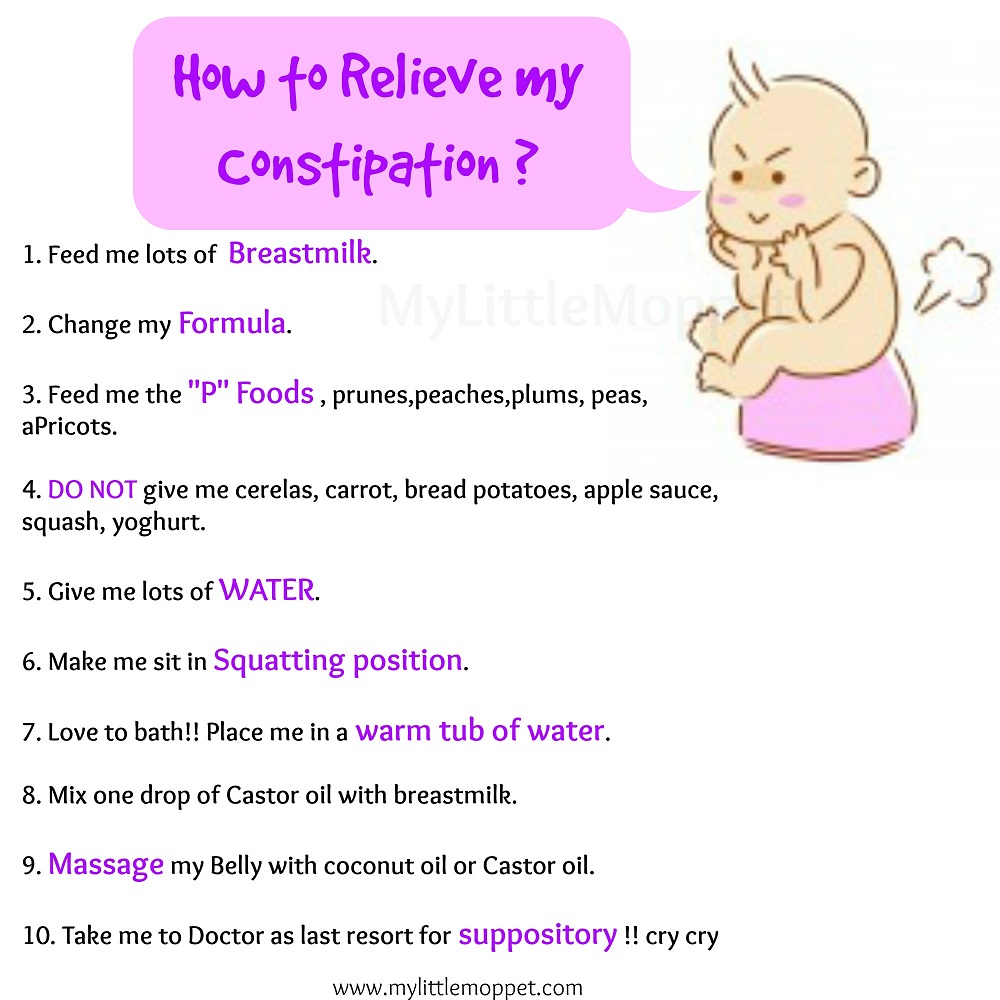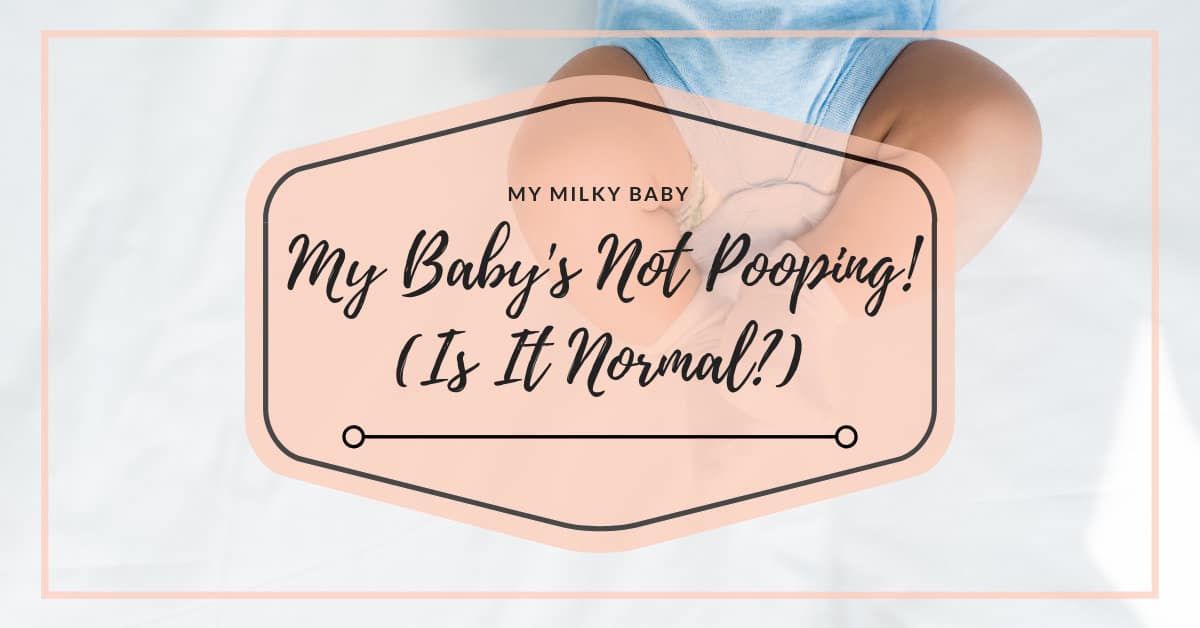Newborn Not Pooping But Passing Gas Formula Fed. If you notice your newborn not pooping but passing gas and if your baby's poop and/or gas is more foul-smelling than usual, this may be a sign of constipation. The baby will fart more often than poop, and will probably also strain a bit to poop, even with loose stools.

Or a baby's constipation may go unnoticed if they pass a small poop each day, while a buildup of poop develops in their colon.
This is a normal part of being a baby.
How often babies soil their diapers, and the color and consistency of their stool is different from baby to baby. Your baby is still getting the hang of this thing called digestion. In fact, constipation is a common condition that can cause gassiness especially if you do not have any bowel movement for some time. Most of the time, the problems with pooping start at birth, although in milder cases symptoms may appear months or years later. In the following days, the baby will begin pooping and peeing more regularly. If the poop is dry and hard and with a stripe of bright, red blood in combination to the straining and crying during pooping, your baby's suffering from constipation.
If the poop is dry and hard and with a stripe of bright, red blood in combination to the straining and crying during pooping, your baby's suffering from constipation. Formula-fed babies can have firm stools and may need some prune or pear juice as a laxative. The consistency of the stool of a baby that is formula-fed is firmer than that of a breast-fed baby, being similar to that of peanut butter. During the first few days of life, your baby will pass meconium, the thick, black or dark green substance that was in his intestines before he was born. Hirschsprung (HERSH-sproong) disease affects the large intestine (colon) of newborns, babies, and toddlers. Most of the time, the problems with pooping start at birth, although in milder cases symptoms may appear months or years later.
I limit my dairy and acidic food but I'm not sure home common this is. So, it is typical for formula-fed babies to have fewer bowel movements than a breastfed baby during the first few months of life. At a few months in, babies will poop less, once every few days.





